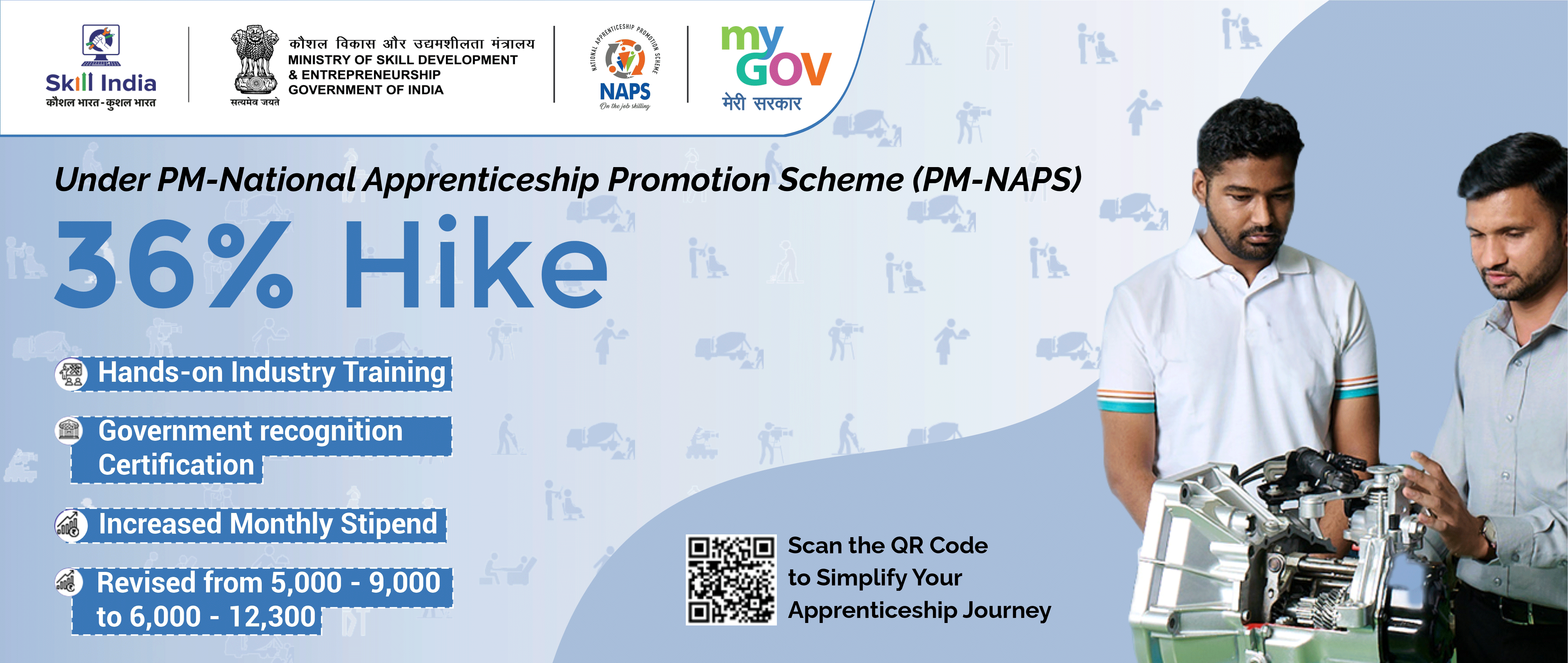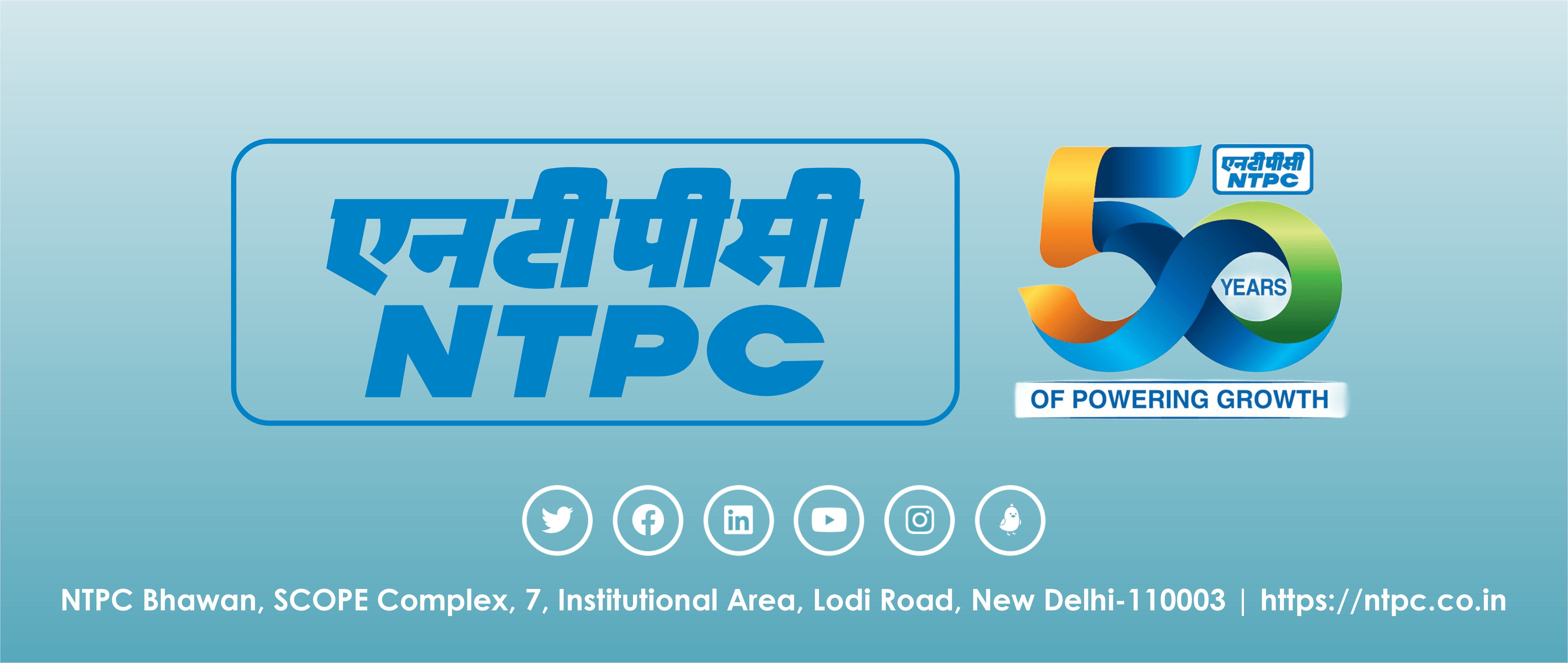TO RECIEVE EXCLUSIVE POSTS AND NEWS
Must Read
Tax assessment of RIL: CAG raps I-T department for lack of due diligence
By IndianMandarins- 17 Mar 2018
686 Mukesh Ambani and RIL have strong bonding with news headlines. They are back again.
The Comptroller and Auditor General (CAG) has reportedly questioned RIL's practices to lower its tax liability and criticised the income tax department for lack of adequate due diligence in its assessments in seven years (2003-05 and 2007-12).
The CAG took up Mukesh Ambani-controlled RIL's income tax returns for audit as it wanted to ascertain whether the IT department did its job diligently in dealing with large companies claiming various deductions.
As per the CAG, a scrutiny of companies holding more than 1% of RIL shares revealed that nearly 350 other companies had the same registered address. The audit said these companies appeared to be 'paper companies'. Additionally, the balance sheet of four of these companies showed they had received disproportionately high dividend despite minuscule capital and investments. However, despite such discrepancies, these companies escaped scrutiny from the department.
The audit also found that RIL had used Independent Media Trusts (IMT), which bought Network 18 Group in 2014, as an investment vehicle in a circuitous way to acquire media house of which RIL was the ultimate beneficiary. The I-T department had not made any effort to verify these loan transactions which allowed IMT to not file returns under the pretext of nil income. The report is said to have noted that the net profit of RIL over the period from the assessment year 2008-09 to 2013-14 remained static despite a threefold increase in the total revenue.
Further, the report is believed to have blamed the I-T department for incorrectly allowing deduction under section 80IA to RIL. The deductions were in lieu of jetties built by the company in Gujarat, but the audit uncovered that these were made exclusively for use of the company and not for larger public usage, thus making deductions worth over Rs. 4,000 crores ineligible. The audit report has also held the department responsible for not maintaining a database on the RIL group companies that were constantly involved in a series of amalgamation and demergers.
Mukesh Ambani and RIL have strong bonding with news headlines. They are back again.
The Comptroller and Auditor General (CAG) has reportedly questioned RIL's practices to lower its tax liability and criticised the income tax department for lack of adequate due diligence in its assessments in seven years (2003-05 and 2007-12).
The CAG took up Mukesh Ambani-controlled RIL's income tax returns for audit as it wanted to ascertain whether the IT department did its job diligently in dealing with large companies claiming various deductions.
As per the CAG, a scrutiny of companies holding more than 1% of RIL shares revealed that nearly 350 other companies had the same registered address. The audit said these companies appeared to be 'paper companies'. Additionally, the balance sheet of four of these companies showed they had received disproportionately high dividend despite minuscule capital and investments. However, despite such discrepancies, these companies escaped scrutiny from the department.
The audit also found that RIL had used Independent Media Trusts (IMT), which bought Network 18 Group in 2014, as an investment vehicle in a circuitous way to acquire media house of which RIL was the ultimate beneficiary. The I-T department had not made any effort to verify these loan transactions which allowed IMT to not file returns under the pretext of nil income. The report is said to have noted that the net profit of RIL over the period from the assessment year 2008-09 to 2013-14 remained static despite a threefold increase in the total revenue.
Further, the report is believed to have blamed the I-T department for incorrectly allowing deduction under section 80IA to RIL. The deductions were in lieu of jetties built by the company in Gujarat, but the audit uncovered that these were made exclusively for use of the company and not for larger public usage, thus making deductions worth over Rs. 4,000 crores ineligible. The audit report has also held the department responsible for not maintaining a database on the RIL group companies that were constantly involved in a series of amalgamation and demergers.
Readers' Choice
RK Sharma takes charge as DGP 03 Jul 2025
Bihar’s Revenue Secretary may resign to contest Assembly election 03 Jul 2025
R K Sharma is the new Rajasthan DGP 30 Jun 2025
Centre swings surprise, Gujarat DGP gets extension in service 30 Jun 2025
Tenure of Chhattisgarh Chief Secretary extended 30 Jun 2025
Tax assessment of RIL: CAG raps I-T department for lack of due diligence
By IndianMandarins - 2018-03-17 06:50:16
 Mukesh Ambani and RIL have strong bonding with news headlines. They are back again.
The Comptroller and Auditor General (CAG) has reportedly questioned RIL's practices to lower its tax liability and criticised the income tax department for lack of adequate due diligence in its assessments in seven years (2003-05 and 2007-12).
The CAG took up Mukesh Ambani-controlled RIL's income tax returns for audit as it wanted to ascertain whether the IT department did its job diligently in dealing with large companies claiming various deductions.
As per the CAG, a scrutiny of companies holding more than 1% of RIL shares revealed that nearly 350 other companies had the same registered address. The audit said these companies appeared to be 'paper companies'. Additionally, the balance sheet of four of these companies showed they had received disproportionately high dividend despite minuscule capital and investments. However, despite such discrepancies, these companies escaped scrutiny from the department.
The audit also found that RIL had used Independent Media Trusts (IMT), which bought Network 18 Group in 2014, as an investment vehicle in a circuitous way to acquire media house of which RIL was the ultimate beneficiary. The I-T department had not made any effort to verify these loan transactions which allowed IMT to not file returns under the pretext of nil income. The report is said to have noted that the net profit of RIL over the period from the assessment year 2008-09 to 2013-14 remained static despite a threefold increase in the total revenue.
Further, the report is believed to have blamed the I-T department for incorrectly allowing deduction under section 80IA to RIL. The deductions were in lieu of jetties built by the company in Gujarat, but the audit uncovered that these were made exclusively for use of the company and not for larger public usage, thus making deductions worth over Rs. 4,000 crores ineligible. The audit report has also held the department responsible for not maintaining a database on the RIL group companies that were constantly involved in a series of amalgamation and demergers.
Mukesh Ambani and RIL have strong bonding with news headlines. They are back again.
The Comptroller and Auditor General (CAG) has reportedly questioned RIL's practices to lower its tax liability and criticised the income tax department for lack of adequate due diligence in its assessments in seven years (2003-05 and 2007-12).
The CAG took up Mukesh Ambani-controlled RIL's income tax returns for audit as it wanted to ascertain whether the IT department did its job diligently in dealing with large companies claiming various deductions.
As per the CAG, a scrutiny of companies holding more than 1% of RIL shares revealed that nearly 350 other companies had the same registered address. The audit said these companies appeared to be 'paper companies'. Additionally, the balance sheet of four of these companies showed they had received disproportionately high dividend despite minuscule capital and investments. However, despite such discrepancies, these companies escaped scrutiny from the department.
The audit also found that RIL had used Independent Media Trusts (IMT), which bought Network 18 Group in 2014, as an investment vehicle in a circuitous way to acquire media house of which RIL was the ultimate beneficiary. The I-T department had not made any effort to verify these loan transactions which allowed IMT to not file returns under the pretext of nil income. The report is said to have noted that the net profit of RIL over the period from the assessment year 2008-09 to 2013-14 remained static despite a threefold increase in the total revenue.
Further, the report is believed to have blamed the I-T department for incorrectly allowing deduction under section 80IA to RIL. The deductions were in lieu of jetties built by the company in Gujarat, but the audit uncovered that these were made exclusively for use of the company and not for larger public usage, thus making deductions worth over Rs. 4,000 crores ineligible. The audit report has also held the department responsible for not maintaining a database on the RIL group companies that were constantly involved in a series of amalgamation and demergers.






















